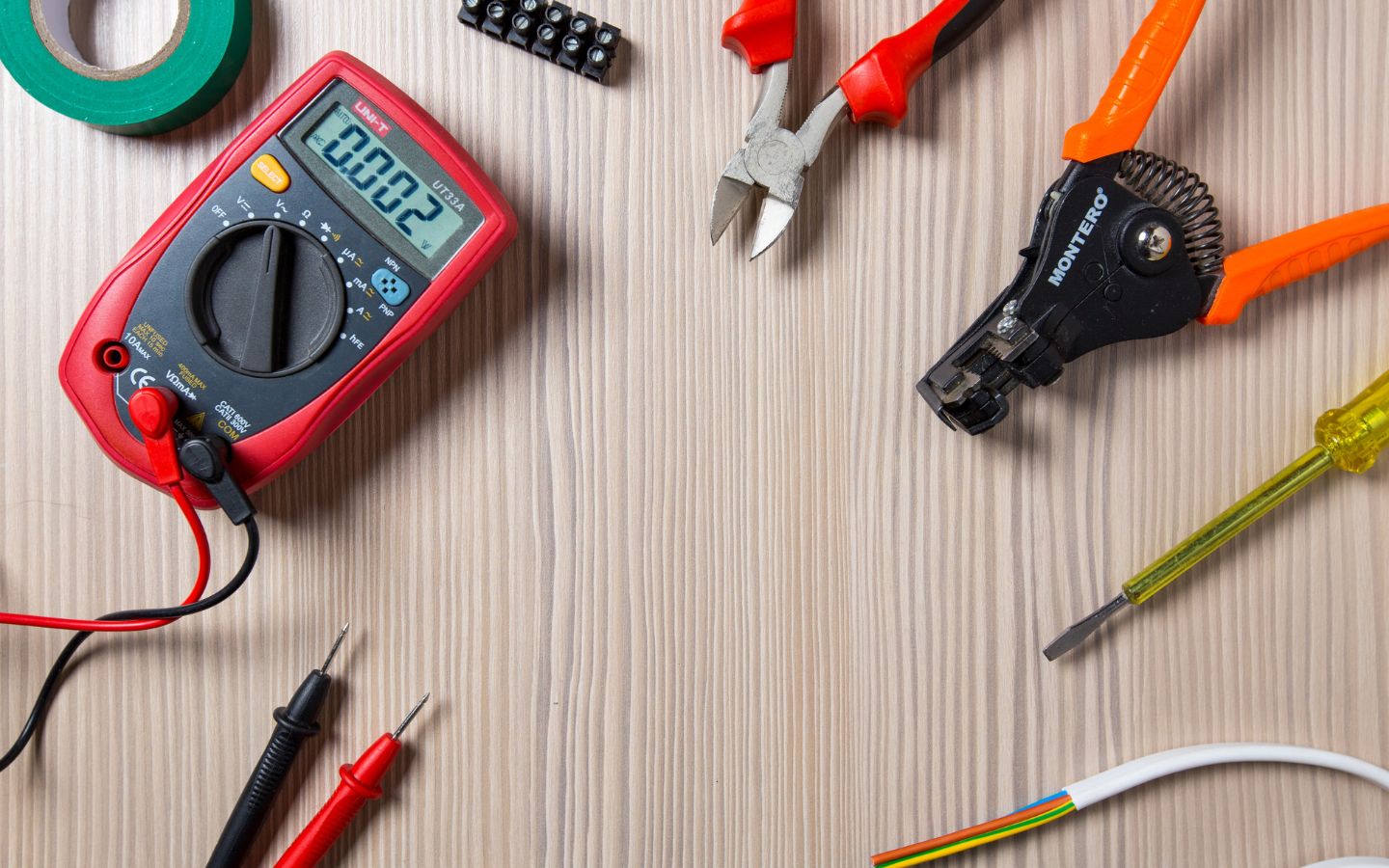Learn More About Our EV Services
FAQ
Frequently Asked Questions
-
An EV charger, also known as an Electric Vehicle Charging Station, is a device used to supply electric power to recharge electric vehicles. It connects to the vehicle’s charging port to replenish the battery, allowing you to drive using electricity as a fuel source.
-
There are several types of EV chargers with different power levels and charging speeds:
- Level 1 Chargers: Basic chargers that use a standard household outlet (120 volts). They offer the slowest charging speed at one to two days.
- Level 2 Chargers: These chargers require a 240-volt outlet and provide faster charging than Level 1, ideal for home charging and some public charging stations.
- DC Fast Chargers (Level 3): High-power chargers that can rapidly charge an EV, commonly found along highways and in public charging networks.
-
Yes, you can install an EV charger at home if you have access to a suitable electrical supply. Level 1 chargers typically require a standard household outlet, while Level 2 chargers need a dedicated 240-volt circuit, similar to an electric stove or dryer outlet. For all installations, it’s best to hire a certified electrician.
-
The charging time varies depending on the charger type, the EV’s battery capacity, and the current charge level. Generally, Level 1 chargers provide around 2-5 miles of range per hour, Level 2 chargers offer 10-60 miles of range per hour, and DC fast chargers can provide up to 80% charge in 20-30 minutes.
-
Yes, most electric vehicles are compatible with Level 2 chargers. Level 2 charging is faster and more convenient than Level 1, especially if you have longer daily commutes or need quicker charging times.
-
While most EVs can use standard Level 1 and Level 2 chargers, compatibility can vary with DC fast chargers. Different manufacturers use various charging standards, such as CHAdeMO or CCS (Combined Charging System). Make sure the charger supports your EV’s charging standard before using a fast-charging station.
-
Charging costs at public stations can vary. Some charge per kilowatt-hour (kWh) of electricity consumed, while others may have a flat fee or membership plan. Prices can also differ based on the charging speed and location. Many charging networks have mobile apps or websites that provide pricing information.
-
There are several signs that indicate your electrical panel might need an upgrade, including:
- Frequent breaker tripping or fuses blowing.
- Overheating or buzzing sounds coming from the panel.
- Flickering or dimming lights when using appliances.
- The panel is outdated and does not have enough capacity for modern electrical needs.
-
Electrical panel upgrades should be carried out by licensed and qualified electricians. Working with electrical systems can be hazardous, and improper installations can lead to safety risks, including electrical shocks and fires. It is best to hire a professional electrician to ensure the upgrade is done correctly and safely.
-
Electrical panels should be inspected by a qualified electrician at least once every few years. Regular inspections can help identify potential issues, ensure proper functioning, and verify that the panel meets current electrical codes and safety standards.
Get In Touch
If you’re ready to get fantastic service, then call us today at (775) 525-0129 or fill out the form.



